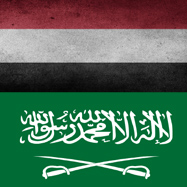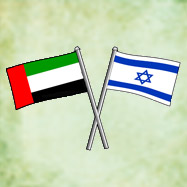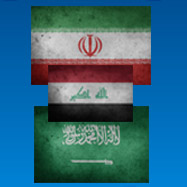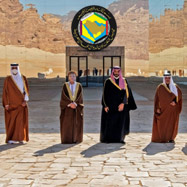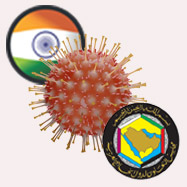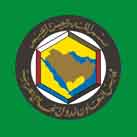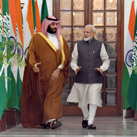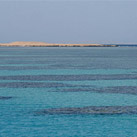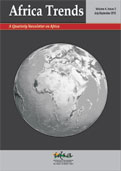Saudi Arabia’s Shrinking Options in Yemen
Yemeni crisis has been a challenge for Saudi Arabia’s standing and reputation as the leader of the Arab and the Islamic world. It is caught between the resilience of the Houthis to sustain their fight, and the growing cost of war and the allegations of innocents being victims of their air strikes.
- Published: September 13, 2021






